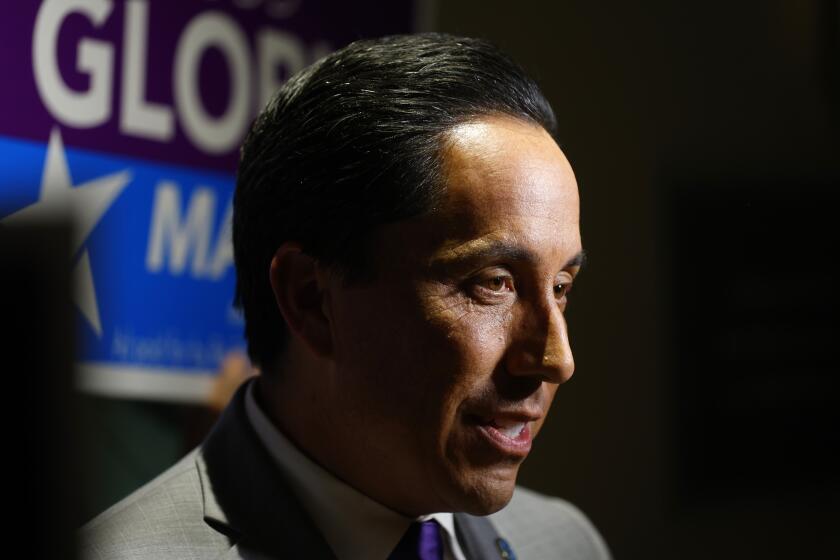Utilities face new disclosure rules
Power companies and other businesses who want to keep secret records they submit to state regulators will have to explain why their documents should be confidential, under a ruling by the California Public Utilities Commission.
New rules require a company officer or his or her representative to sign a declaration explaining why documents should be private. And, if records contain details like names and addresses, that information can be redacted but the rest of the document will remain public, the commission said.
The updated policy is designed to close a decades-old disparity between the state open-records law and the code that governs public utilities.
Since the 1970s, the commission has classified documents filed by electric utilities and other entities as confidential even though the public-records law calls for them to be available for public inspection.
“Public Utilities Code Section 583 directly conflicts with the California Public Records Act by requiring that the CPUC hold all materials from public release that regulated entities mark as confidential,” commission President Michael Picker said in announcing the change last week.
“No other state or local agency that I know of has this kind of legal double bind — one law that forbids sharing important information that the CPUC collects and another that requires us to provide that information on demand,” he said.
The commission opened the proceeding to improve its response to records requests in November 2014.
That same month, agents from the California Attorney General’s Office executed search warrants at the commission’s San Francisco headquarters, seizing computers, documents and other materials as part of a criminal investigation into back-channel communications between regulators and utility executives.
The criminal case, which remains open although no charges have been filed, prompted the commission to approve spending more than $12 million on private-sector lawyers to respond to multiple subpoenas and public records requests by investigators and consumer advocates.
The effort to strengthen the handling of confidential records also comes as commission lawyers resist releasing 65 emails to and from the Governor’s Office related to the premature closure of the San Onofre nuclear power plant.
An appellate court is now considering whether those emails must be released under the Public Records Act as requested by San Diego consumer attorney Michael Aguirre.






